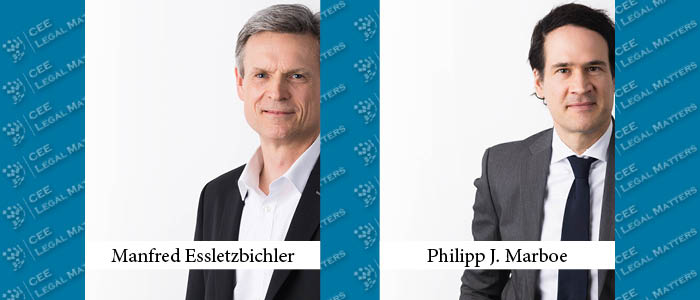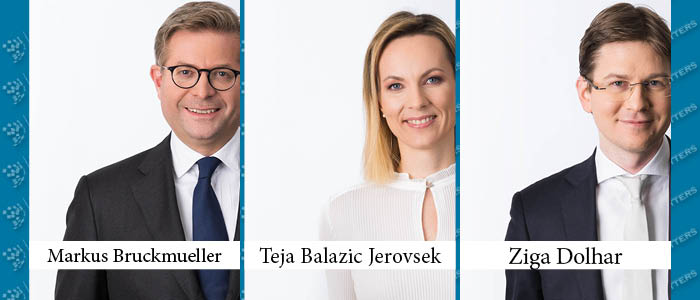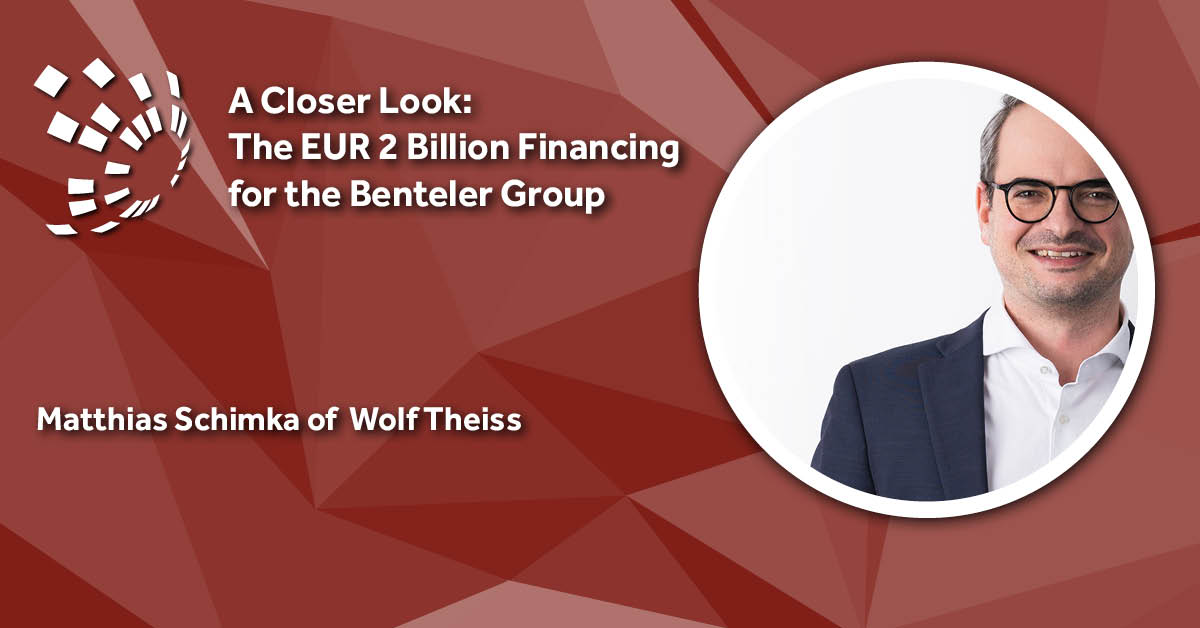By 25 June 2023, the transitional provisions of the Collective Redress Directive should have been applicable throughout the EU. Austria – like several other EU Member States – did not meet this deadline. The following article deals with potential transposition options, for the Collective Redress Directive, by the Austrian legislator.
Did You Know: The Bulgarian Mid-Year Leaderboard
Did You Know that a total of 14 partners at Bulgarian law firms have worked on multiple client matters in that country so far this year? That group is led by Boris Teknedzhiev of Tokushev & Partners, who has worked on five reported Bulgarian client matters in 2023.
The Foreign Subsidies Regulation: Application of the regime as at 12 July 2023
The Regulation (EU) 2022/2560 on Foreign Subsidies Distorting the Internal Market (FSR) formally entered into force on 12 January 2023, but the regime did not apply until 12 July 2023. On the same day, the respective Implementing Regulation (EU) 2023/1441 was published in the Official Journal.
Wolf Theiss and DLA Piper Advise on UBM Development EUR 50 Million Green Bond Issuance
Wolf Theiss has advised joint lead managers and bookrunners Raiffeisen Bank International and MM Warburg on the subscription and placement of UBM Development's EUR 50 million issuance of 7% green bonds. DLA Piper advised the issuer.
Boyanov & Co and Wolf Theiss Advise on Borealis Sale of Indirect Shareholding in Neochim
Boyanov & Co has advised Borealis on the Bulgarian aspects of the sale of its indirect shareholding in Neochim to Agrofert. Wolf Theiss advised Agrofert.
Wolf Theiss Advises Bain Capital Special Situations on Acquisition of 20% Stake in IMS Nanofabrication
Wolf Theiss has advised Bain Capital Special Situations on the acquisition of an approximately 20% stake in Intel’s IMS Nanofabrication business, as part of a transaction that values IMS at approximately USD 4.3 billion. Hogan Lovells reportedly advised Intel.
Schoenherr and Wolf Theiss Advise on Raiffeisen-Landesbank Steiermark EUR 500 Million Issuance
Schoenherr has advised the joint lead managers on Raiffeisen-Landesbank Steiermark’s EUR 500 million issuance of mortgage-covered bonds. Wolf Theiss advised the issuer.
Wolf Theiss Advises Astorg on Separation of Fastmarkets from Delinian
Wolf Theiss, working with Ropes & Gray, has advised Astorg on the separation of price-reporting agency Fastmarkets from businesss and financial information company Delinian.
Legislative Changes in Slovenia Related to Cross-Border Services and Employment of Foreign Nationals
On 22 March 2023, an amendment to the Transnational Provision of Services Act (Zakon o čezmejnem izvajanju storitev – ZČmIS-1, “Act on Cross-Border Services“) was adopted and partially came into force on 18 April 2023, with individual provisions becoming effective on 1 January 2024.
ODI Law and Wolf Theiss Advise on SHS Capital EUR 18 Million Investment in MESI Medical
ODI Law has advised Slovenian diagnostic company MESI on the EUR 18 million investment received from SHS Capital's SHS VI Healthcare Investments fund. Wolf Theiss advised the investor.
European Commission Adopts Merger Simplification Package – Cutting Red Tape for Merging Businesses?
On April 20, 2023, the European Commission ("Commission") adopted a merger simplification package ("Package") aimed at simplifying the Commission's review of concentrations under the EU Merger Regulation. The core of the Package is the expansion of the categories of cases which can be treated under the Commission's simplified procedure. In addition, the Package aims to streamline the review of simplified and non-simplified cases by introducing new notification forms.
Evidence Regulation on the Verge of Becoming a Reality
Securing e-evidence and establishing efficient procedures is key.
Employment Brief: Regulatory updates from Slovenia
A couple of legislative changes that affect working parents, foreign employees and posted employees recently came into effect in Slovenia.
Wolf Theiss Advises PolSolar on 250-Megawatt Solar Plant Development in Hungary
Wolf Theiss has advised a group of investors represented by PolSolar on the engineering, procurement, and construction of a 250-megawatt solar power plant in Mezocsat, Hungary.
Austria: Latest Developments in the Real Estate Market
The Austrian real estate market has been characterized by steady growth over the last decade, driven by a strong economy, low-interest rates, and increasing demand from both local and foreign buyers.
A Closer Look: Wolf Theiss' Matthias Schimka on the EUR 2 Billion Financing for the Benteler Group
On May 22, 2023, CEE Legal Matters reported that Wolf Theiss, working with Milbank, had advised the initial purchasers and lenders on Salzburg-based Benteler Group’s capital market debut issuance and loans amounting to over EUR 2 billion. CEELM reached out to Wolf Theiss Partner Matthias Schimka to learn more about the matter.
Wolf Theiss Advises Sekyra Group on Forward Sale of Affordable Housing Project in Prague
Wolf Theiss has advised the Sekyra Group on its forward sale of the Opatov II residential project to Dostupne Bydleni Ceske Sporitelny and the Vienna Insurance Group's Kooperativa Pojistovna.
Closing: Sale of BNP Paribas Personal Finance Bulgaria to Eurobank Now Closed
In June 2023, Boyanov & Co announced that the sale of BNP Paribas Personal Finance Bulgaria to Eurobank (reported by CEE Legal Matters on February 14, 2023) had closed.



















